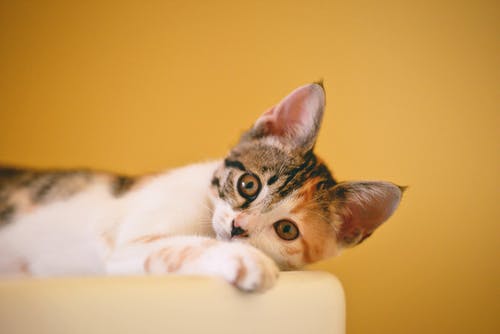
Vaccinating Your Senior Pet: The Key to Long-Term Health
As pets age, their immune systems are compromised, making them more prone to diseases. This is why vaccinations are essential for elderly pets. Although most pet owners know the importance of vaccinations for their puppies and kittens, they may need to learn that vaccinations are just as crucial for their older pets.
Indeed, vaccinations could be crucial for senior pets since they are more vulnerable to illness because of their weak immune systems. Therefore, developing an appropriate vaccination schedule for your elderly pet is crucial to their health and well-being.
Why Senior Pets Need Vaccinations
Let us explore the importance of vaccination for senior pets and the best way to create an appropriate vaccination schedule with your veterinarian.
Importance of Vaccinations
- Protecting Against Deadly Diseases
Vaccinations protect your pet from dangerous illnesses that can cause grave injuries or death. Some of these illnesses can be highly contagious, meaning that one unvaccinated pet can spread it to others. Elderly pets are especially susceptible to illnesses, so it’s essential to keep their vaccines current to keep them protected. You can search for a reputable facility by typing “vet checkup near me” on your search bar.
- Improving Quality of Life
A routine vaccination can increase the quality of life for your pet by keeping them healthy and illness-free. Elderly pets can be more prone to ailments, and a minor infection can become more severe. By ensuring that your pet receives their vaccinations on time, you’ll reduce their chance of getting sick and increase the overall health of your pet and their well-being.
- Cost Savings
Prevention is always cheaper than treatment. Regular vaccinations can save you money in the long run as they avoid the need for costly treatments or hospitalizations. The expense of treating a sick pet will likely increase quickly, and it’s worthwhile to invest in preventative measures, such as vaccinations, to prevent these costs.
- Protecting Your Family and Community
Many of the illnesses that pets are susceptible to can be passed on to humans. Maintaining your elderly pet up-to-date on their vaccinations protects them, your family, and your community. Having your pet prevents the spread of potentially deadly illnesses and ensures that everyone in the vicinity is safe and healthy.
Establishing a Vaccination Schedule
You now understand the importance of having a vaccination schedule for your elderly pet. It is vital to establish a schedule with your veterinarian. Here are several helpful tips to help you start:
- Schedule a Wellness Exam
Before you begin any vaccination regimen, it is essential to arrange a wellness check with your veterinarian. They will assess your pet’s overall health and decide on their necessary vaccinations based on age, lifestyle, and medical history.
If you’re going away for a vacation or travel, you can put your pet in a boarding facility to ensure that your pet is well taken care of while you’re away. You can search for “dog boarding near me” and visit the facility. You can also avail of their pet services to make your pet’s stay worthwhile.
- Create a Vaccination Schedule
After your vet has decided which vaccines your pet requires, work with them to create a vaccination schedule. The schedule will be based on the age of your pet and vaccination history, but it’s crucial to follow it closely to ensure your pet is protected.
- Keep Records
Keep a record of your pet’s vaccinations, including the date, type of vaccine, and the name of the vet who gave it. The record will be helpful in case of an emergency or if you are required to board your pet in the future, especially if your pet needs geriatric care.
- Stick to the Schedule
Adherence to the vaccination schedule is essential to protect your senior pet from disease. If you’ve missed a shot or aren’t sure when your pet requires its next vaccination, ask your veterinarian for help.
Conclusion
An annual vaccination schedule for your senior pet is essential to their well-being and health. It protects your pet from deadly illnesses, enhances its quality of life, and saves you cash. Working with your veterinarian to create a vaccination plan can ensure your pet remains healthy and content for many years.

